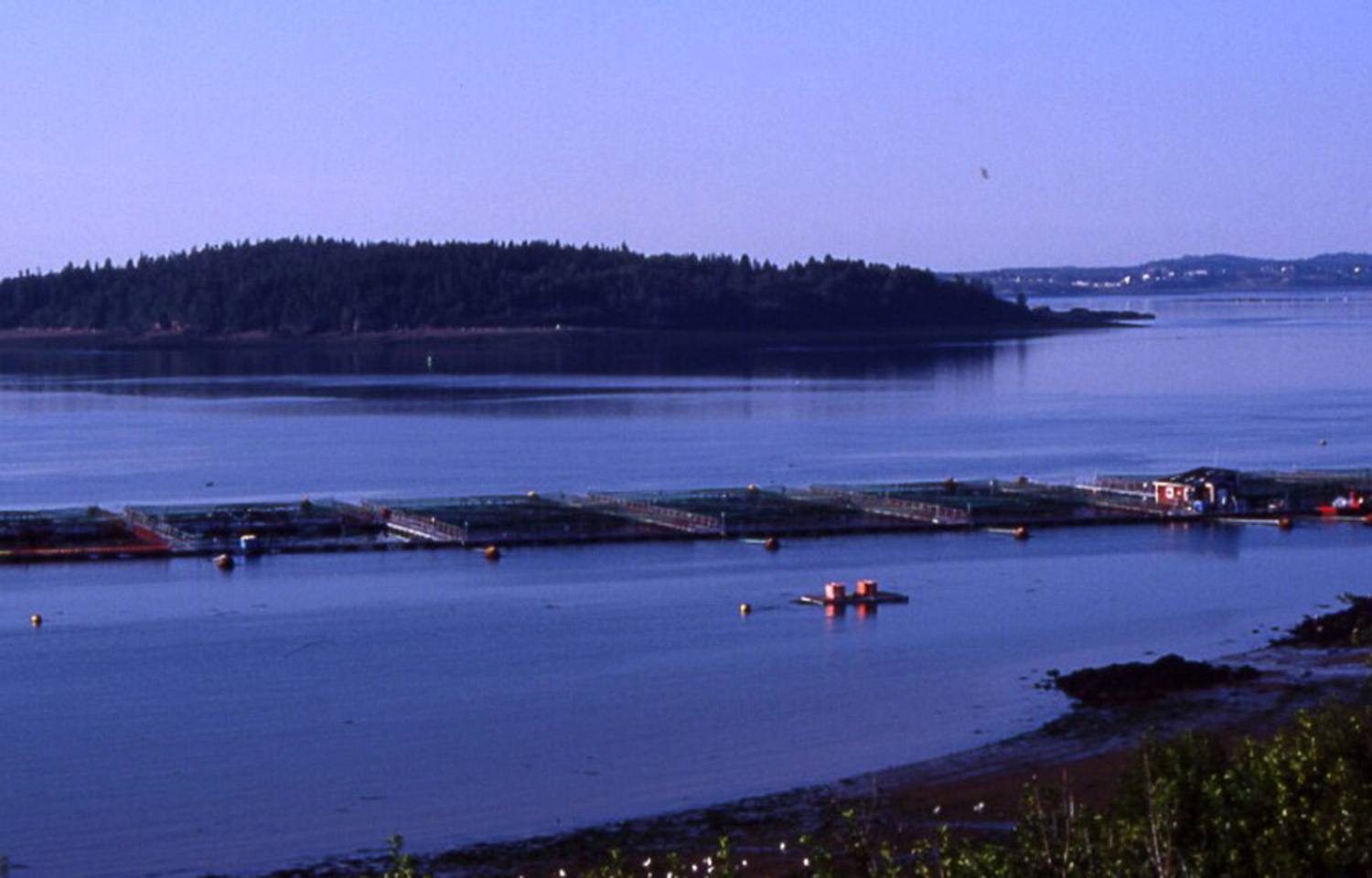Aquaculture advocates in the U.S. state of Maine are having a hard time getting through to legislators in the state capitol of Augusta.
The Maine Department of Marine Resources has backed a bill to make its process for reviewing aquaculture leases more efficient, but its call for a reduction in public notices and tighter requirements for a public hearing have raised the ire of numerous fishermen and community groups all along the coast.
The bill – LD 2065, sponsored by Maine Representative Alison Hepler – would reduce the number of required public notices of an aquaculture lease or lease change from two to one and increase the number of people it takes to request a public hearing on an aquaculture lease from five to 25. It also streamlines the process of converting an experimental lease into a standard lease.
According to Crystal Canney, executive director of anti-aquaculture group Protect Maine’s Fishing Heritage Foundation, the changes limit public participation in the leasing process of public waters.
“This bill accelerates aquaculture leases and increases the difficulty for the public to participate in the process,” Canney said. “This bill makes it possible for a three-year experimental lease to automatically become a 20-year lease unless 25 people ask for a hearing.”
Canney said the state is legally obliged to conduct a full review of every aquaculture site in the state annually but falls far short of requirement in reality. Canney also contended that turnover at the DMR has led to less-experienced staff conducting reviews.
“They review 30 percent of limited-purpose leases and half the standard leases,” she said. “They can’t monitor what they have, and they want more.”
At a hearing on the bill in February, Maine DMR State Marine Policy Director Dierdre Gilbert, who has been with the DMR for decades, testified that the bill was all about increasing efficiency.
“There is little evidence that multiple newspaper notices are an effective means of increasing awareness of the proceedings with the public. Further, given the requirements of what these notices must contain for information, they are expensive. The department does not feel that this is the best use of limited department resources or applicant resources,” Gilbert told the Maine legislature’s Marine Resources Committee.
Gilbert also defended the change requiring 25 people to demand a hearing but said the DMR would be happy with more people attending the public hearings it hosts on aquaculture leases.
Those testifying at the hearing were overwhelmingly opposed to the legislation. Many contended that because aquaculture takes place in the public domain, its permitting should involve public participation. Nonetheless, the committee gave its stamp of approval to the legislation, which will now be considered by the full Maine House of Representatives.
Reporting by Paul Molyneaux








